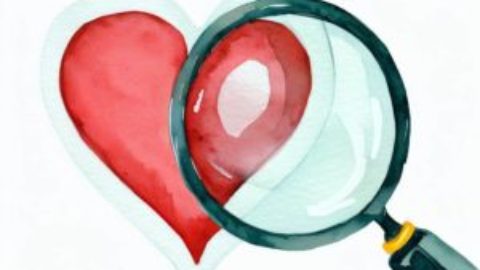
It’s a little unsettling to think, but the time you spend winding down could be making you more prone to the wiles of misinformation. But hey, no stress, we’re here to decode this digital dilemma together. After a hard day’s work, you’re sprawled on your couch, aimlessly scrolling through your social feeds. In this super relaxed state, your defenses are down and your mind is open to absorbing whatever pops up on your screen
Online Spaces: Blessing or Curse?
We all know the Internet is a treasure trove of information, but it’s also riddled with misinformation – from harmless myths to full-blown disinformation campaigns designed to sway our thoughts and opinions. And when we’re online more during our free time, we’re opening ourselves up to more misinformation risks.
On the Internet, algorithms dictate our content based on our preferences and behavior. This creates an online echo chamber that constantly reinforces our existing beliefs, and any false information that aligns with these beliefs seems more believable.
More Online, More at Risk?
Recently, researchers from Cambridge University developed the Misinformation Susceptibility Test (MIST) to gauge people’s ability to discern real news from the fake. They found that the ‘very online’ folks are more likely to fall for fake news. It’s due to the ‘illusory truth effect’ – if we see a piece of information repeatedly, our brain begins to perceive it as true, regardless of its actual validity.
What Can We Do About It?
Does this mean you should quit your leisurely online browsing? Heck no! But we can certainly equip ourselves with skills to sift through the false and find the truth.
Critical thinking is our best defense against misinformation. Think of it as a personal fact-checker, verifying information sources, and resisting the temptation to accept all at face value. When we stumble upon a fact or opinion that seems to be everywhere, it’s essential to step back and ask, “Is this credible?”
Useful Tips
- Stay Aware: Always be mindful of your information sources. Be curious, ask questions, seek different viewpoints. And remember, just because something is popular doesn’t mean it’s true.
- Stay Informed: Arm yourself with knowledge about misinformation. Understanding how misinformation works will help you better navigate your digital world, whether you’re working or chilling. By flexing our critical thinking muscles, we can enjoy our downtime online without becoming misinformation victims.







